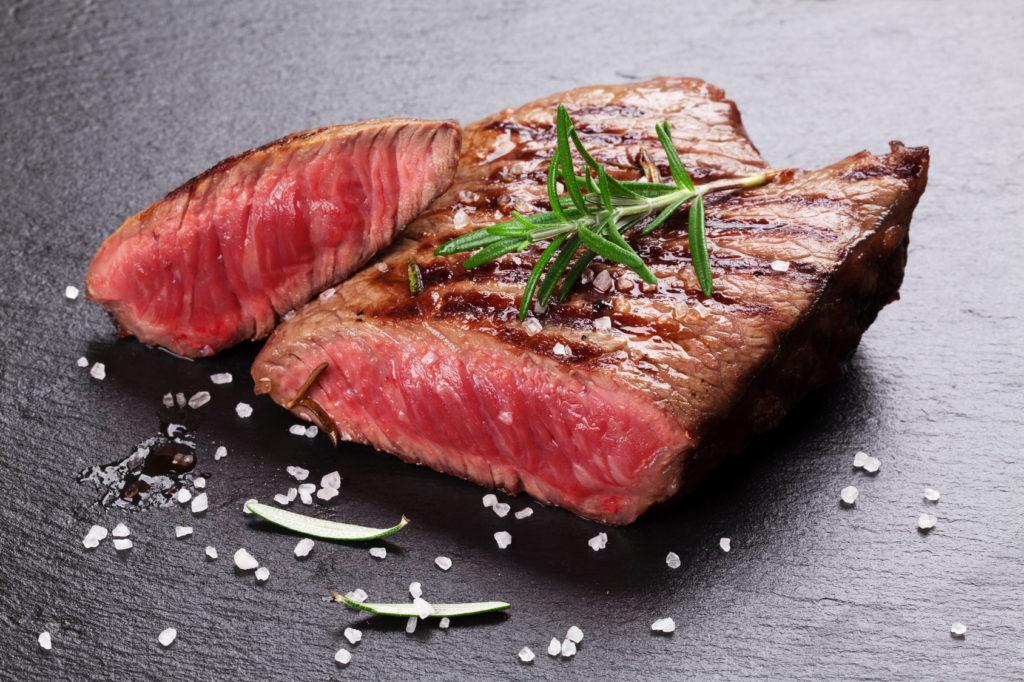The consumption of too much meat is bad for the health
Many men like to eat, and meat regularly. This can, however, impact negatively on your health. Researchers found that the daily consumption of 200 grams of meat in men increases the risk of early death.
In the current investigation of the University of Eastern Finland, it was found that if men take a daily 200 g of meat, this increases the risk for an early death. The results of the study were published in the English journal “the American Journal of Clinical Nutrition”.

Daily meat consumption increased the risk of premature death
For the study 2.641 men were medically supervised. Most of the participants ate mainly red meat. The study showed that men who ate more than 200 grams of meat per day, in the next 20 years, a 23 per cent increased risk of premature death, compared with men who took less than 100 grams of meat a day. 200 grams of meat is roughly equivalent to six strips of bacon, three sausages or a Steak. For other animal proteins such as fish, dairy products or eggs, no increased risk was observed.
Red meat is particularly harmful
The researchers discovered that the main source of protein from the participants was red meat, which has been associated with heart disease and bowel cancer. The results give further evidence for the ongoing discussion about red meat and its effects on health. Red meat contains more saturated fatty acids than meat from chickens or turkeys, causing the cholesterol can be increased, what is known to heart disease. According to the NHS, red and processed meat such as sausage, bacon and ham increases probably also the risk of colon cancer. Red meat is not only unhealthy, it also contained a lot of protein, iron and Vitamin B12.
What quantities of meat should we consume?
The UK Department of health recommends, for example, that people should not take per day, more than 70 grams of red or processed meat. The American Institute of Cancer Research recommends a maximum of 510 grams per week.
People with these disorders are especially at risk
The participating in the study were men at the beginning of the study between the ages of 42 and 60 years of age. The subjects recorded their typical protein intake over a period of four days. Then they were monitored on average for 22 years medical. In this time of 1,225 disease occurred related deaths. The study found that people with a high protein intake to inherit in comparison to their vegetable intake more common at an early stage. However, this system was only for those who took an excessive amount of meat, as fish, dairy products and eggs are not a risk. Overeating of meat has proved to be particularly dangerous for people with type 2 Diabetes, cardiovascular diseases and cancer. Even after adapting to the lifestyle factors, the results remained constant.
Further research is needed
Future studies should now investigate how proteins affect specific to people with health problems. The results should not be generalized for older people at a higher risk for malnutrition and whose protein intake is often below the recommended amount, add the authors of the study. (as)
